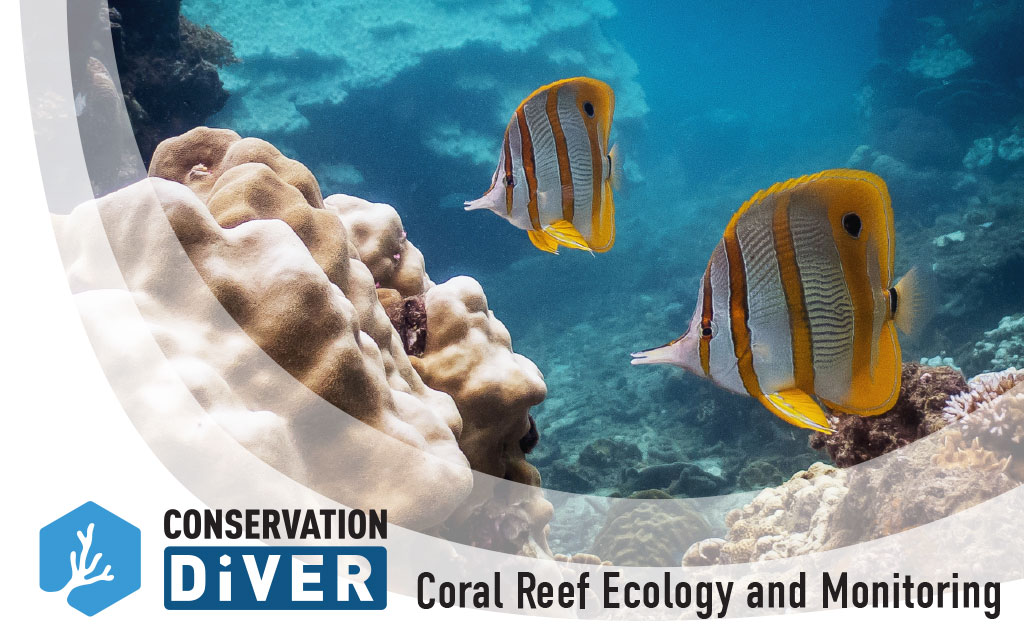Marine Ecology & Monitoring

The Marine Ecology & Monitoring Course is a partial fulfilment of the full Ecological Monitoring Program (EMP), for students who do not have time to complete all 5 lectures and 4 dives of the EMP. It is designed to give students an introduction to marine ecology and how to view the reef scientifically by assessing key biotic and abiotic components on the marine environment. The course teaches students how to use real world scientific sampling and survey techniques and certifies them to conduct their own surveys and report data back to the online database. Students receiving this certification are welcome to return at a later date and complete the full EMP course.



Prerequisites
- Be 12 years of age or older
- Be certified as an Advanced diver under a leading diving organization (PADI, SSI, RAID, etc) or an Open Water diver who has satisfactorily completed a buoyancy appraisal with a professional diver
- Demonstrate proper diving ability at an advanced Level and be proficient in buoyancy and self-awareness
Standards
- Understand more about marine ecology and threats to coastal ecosystems.
- Understand various survey techniques used by reef and marine resources managers to monitor coastal ecosystems
- Learn the techniques and diagnostic features for identifying marine invertebrates along a permanent transect line
- Or the techniques and diagnostic features for identifying fishes and other vertebrates along a permanent transect line or
- Or how to assess substrate types and composition and, in locations where it applicable hard coral coverage/growth forms, using the point-intercept technique
Requirements
- Attend the Intro to Marine Ecology Lecture, plus at least one other survey lecture (Marine Invertebrates, Fish, or Substrate)
- Perform at least one of the three EMP surveys (marine invertebrates, fish, or substrate)
Expected course time: minimum 4 hours, minimum of 1 dive.
Certification Card

Training Centers
- Hawai’i – Ocean Alliance Project
- Madagascar – MRCI
- Mallorca – Albatros Diving
- Indonesia – Bali Conservation Diving
- Indonesia – Blue Marlin Conservation
- Indonesia – Gili Eco Trust
- Indonesia – Gili Shark Conservation
- Thailand – ATMEC
- Thailand – Black Turtle Conservation
- Thailand – NHRCP
- Thailand – The Adventure Club
